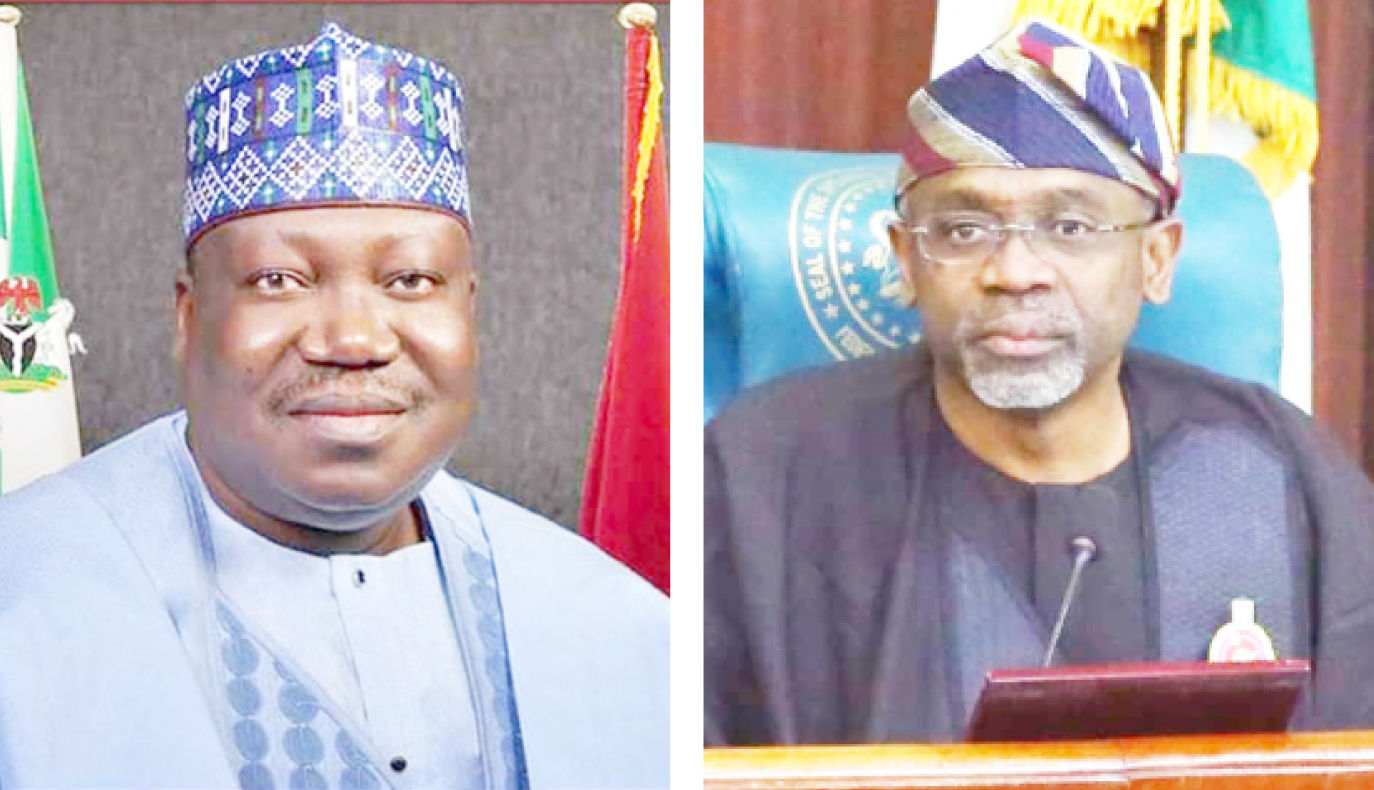A girls and women’s rights campaign organisation, Plan International has raised concern over the refusal of the Nigerian parliament to pass the gender equality and equal opportunity bills.
The bills which had been pending before the national assembly sought affirmative actions for women in governance and political representation including 35 percent appointed positions for women and 20 percent affirmative action in party administration.
- https://dailytrust.com/aisha-buhari-asks-n-assembly-to-reconsider-special-parliamentary-seats-for-women
- Constitutional amendment won’t guarantee a better country — Agbakoba
The Country Director of Plan International Nigeria, Mr Charles Usie, in a statement on Thursday in Abuja said that as a gender responsive and equal rights organisation, the organisation stands in solidarity with the Nigerian women.
“We call on the National Assembly to reconsider their stance and pass the Gender Equality bills to strengthen our democracy and ensure the full participation of women and equitable representation in governance,” Usie said.
The country director also said the action of the parliament has the potential to undermine the importance and relevance of women’s contribution to governance in Nigeria including the key role women play to galvanize support and victory to political parties in elections.
He regretted that the Nigerian lawmakers chose the month of March when women are being celebrated across the world in recognition of their achievements, leadership, courage, strength and resilience to throw out legislative bills which were meant to raise their hope of equality.
“The essence of affirmative action in all civilized society is not an act of favoritism or conferment of undeserved privileges, but correcting unfair arrangement in public domain and enabling equal opportunities for all as well as giving everyone a fair chance. Passing this bill would have earned members of the current national assembly an enviable place in history,” Usie said.
He also said that it is troubling that the representatives did not provide any reason for the rejection of the bill in spite of its significance for a significant part of the populace who have been denied opportunities to give as much as they would love to, to the country.

 Join Daily Trust WhatsApp Community For Quick Access To News and Happenings Around You.
Join Daily Trust WhatsApp Community For Quick Access To News and Happenings Around You.


